ITALY CHRONICLES
Latest Posts
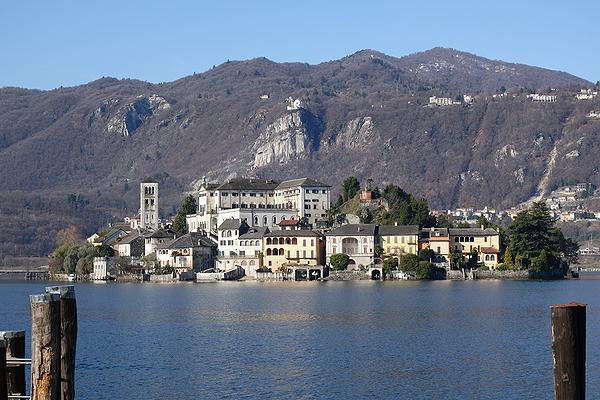
New! Italy Photo Contests – Show Off Your Photos of Italy
If you, like me, you think Italy is extremely photogenic, you might be interested to hear that Italy Chronicles is to run photo contests. The
Italian Politics – Still a Mess
Here’s a roundup stroke overview of what’s going on in the decidedly odd world of Italian politics. Broadly, there are three political factions in Italy,
Wild Boar Hunting in Italy
Ever thought about wild boar hunting in Italy? Maybe not but perhaps you might like to. Italy has a bit of a problem with wild
Berlusconi Heart
On Thursday in Italy headlines were dominated by the news that Silvio Berlusconi, a former and controversial prime minister, required an urgent heart operation and had
Money People – The World’s Biggest Problem
What’s that old saying? Ah yes, “money is the root of all evil”. From what is happening in Italy and elsewhere around the world, there
Italian Politics – Still a Mess
Here’s a roundup stroke overview of what’s going on in
Wild Boar Hunting in Italy
Ever thought about wild boar hunting in Italy? Maybe not
Berlusconi Heart
On Thursday in Italy headlines were dominated by the news
Money People – The World’s Biggest Problem
What’s that old saying? Ah yes, “money is the root
Italy
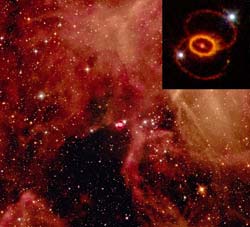
Of Nubile Neutrinos and Tunnels
You may have read recently that tiny weeny little particles called neutrinos are suspected of travelling faster than light. One of the laboratories which is
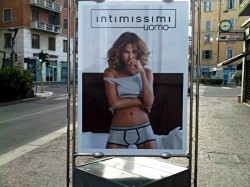
Men’s Underwear Ad Draws Attention in Italy
I’ve really know idea who came up with the idea of using a sexy young lady to advertise men’s underwear, but the result certainly catches

An Arresting Vote
Alfonso Papa is an Italian politician, and magistrate (or was, he was suspended the other day), who investigators would dearly like to arrest. This honourable
How to Profit from 1 Euro Houses with Airbnb in Italy
Understanding 1 Euro Houses in Italy Unearth the potential of 1 euro houses in Italy. Invest in these affordable properties and turn them into profitable
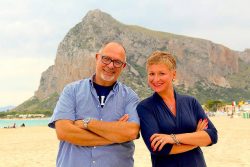
Visit Sicily with You, Me and Sicily
The other day I got an email from Eszter Vajda about the You, Me and Sicily project she’s working on with Alfred Zappala. The You, Me

Results: Italy Elections 2013
Well, the result is, er, no conclusive result. No single political party or coalition earned enough votes to form a working majority and it’s not
The Great Beauty: Modern Rome in Film
The city of Rome has long been a source of
Timeless Italian Streets
If you ever come to Italy, sooner or later you will come across quaint, narrow Italian alleyways and streets. Some such streets are so narrow, down in Genoa for example, that you can literally stretch out your arms and touch both sides at the same time.
Properties
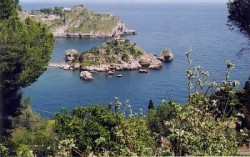
The Admirable Admiral’s Villa in Taormina
If you know your history pretty well, you may be aware that one of England’s most celebrated Admirals possessed a rather charming villa in the scenic Sicilian town of Taormina.
House For Sale near Milan
Gaetano Salvo, friend and Blog from Italy researcher wants to sell his house. For those who might be interested, or may know of someone or
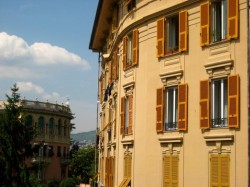
How to Find Property for Rent in Italy
Maybe you are coming to Italy to work or study here for a while, in which case, you’ll need somewhere to live. If that’s the

The Admirable Admiral’s Villa in Taormina
If you know your history pretty well, you may be aware that one of England’s most celebrated Admirals possessed a rather charming villa in the scenic Sicilian town of Taormina.

How to Find Property for Rent in Italy
Maybe you are coming to Italy to work or study here for a while, in which case, you’ll need somewhere to live. If that’s the
Places to stay in Italy
Chaplin Bed and Breakfast Rome
Perfectly located in a safe and quiet but extremely central Rome neighborhood, the Chaplin Bed and Breakfast Rome is the ideal base for your Roman holiday.
Villa Miller Bed and Breakfast, Puglia, Italy
Located well off the main road in the depths of the Puglia countryside, Villa Miller the only sounds which disturb guests are those of the crickets and the ringing of the bells worn by the areas cow and sheep population.
Casa Villatalla B&B, Liguria
By far the most important members of the Casa Villatalla household are Nellie (an elderly but loveable chocolate Labrador), Bonnie, a fluffy and rather scatty American Spaniel, and Pickle, aneccentric cat who walks like John Wayne.
Chaplin Bed and Breakfast Rome
Perfectly located in a safe and quiet but extremely central Rome neighborhood, the Chaplin Bed and Breakfast Rome is the ideal base for your Roman holiday.
Casa Villatalla B&B, Liguria
By far the most important members of the Casa Villatalla household are Nellie (an elderly but loveable chocolate Labrador), Bonnie, a fluffy and rather scatty American Spaniel, and Pickle, aneccentric cat who walks like John Wayne.

